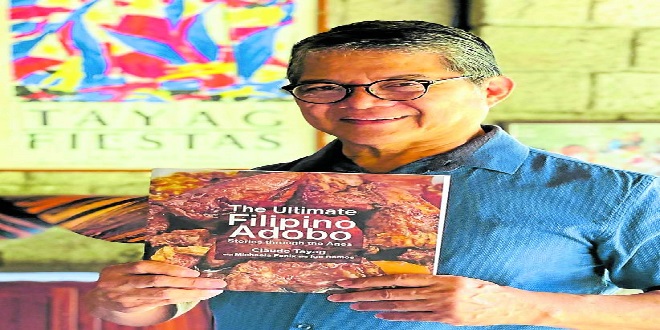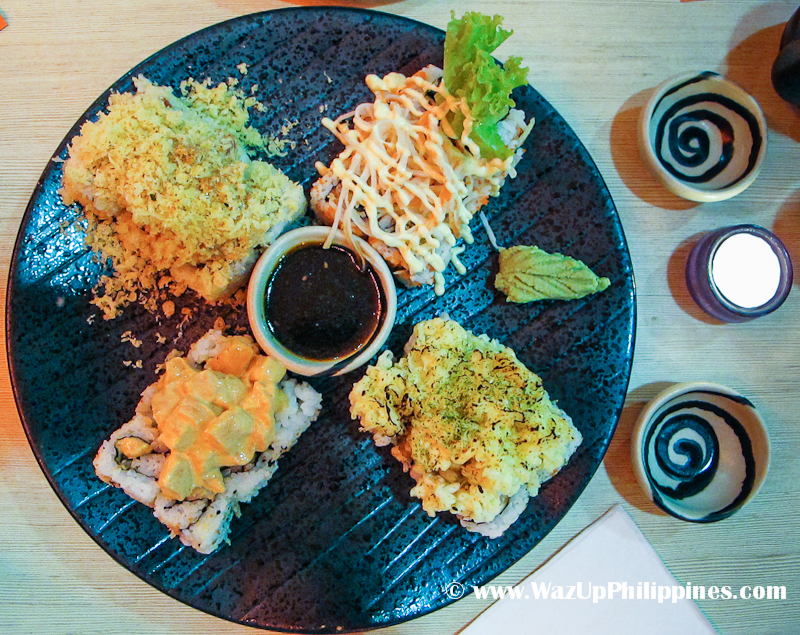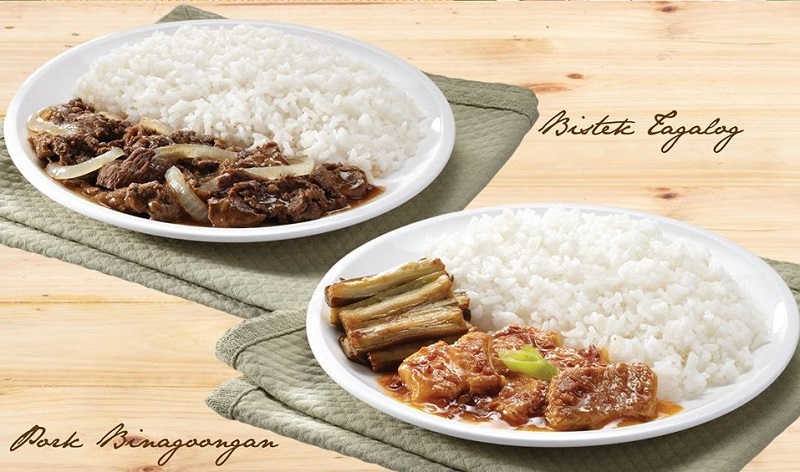
Mama Sita’s puts the spotlight on vinegar, the cooking method’s hero ingredient.
Filipino chef and culture advocate Claude Tayag unveiled his latest book, “The Ultimate Filipino Adobo: Stories through the Ages” during the “Sa Pula, Sa Puti, Sa Dilaw” event on February 24, 2023. Hosted by U.P. Diliman’s Sigma Delta Phi at the BALIKADA Street Fair, the book goes beyond a mere recipe collection and delves into personal stories from various Filipinos about their experiences of cooking adobo. The book includes special techniques that make each iteration of the iconic Filipino dish unique.

Well-known personalities who shared their adobo tales include artist Ben Cabrera, broadcast journalist Ces Drilon, food writer Angelo Comsti, and chefs Tom Cunanan (Bad Saints), Robby Goco (Cyma), and Jessie Sincioco (Chef Jessie Rockwell Club). The event’s title, “Sa Pula, Sa Puti, Sa Dilaw,” aptly captures the multidimensionality of cooking adobo. “Sa puti” refers to using aromatics and vinegar without soy sauce, “sa dilaw” refers to the use of luyang dilaw (ginger), while “sa pula” refers to the use of achuete, such as in the adobo dish of Batangas.
Tayag has always been a champion of the complexity and richness of adobo, contesting the idea of a standardized adobo method proposed by the Department of Trade and Industry in 2021. This even led to a series of adobo articles in his column under The Philippine Star, which ultimately inspired the making of the book.
Although Tayag has demonstrated the manifold ways of creating adobo, at its core, adobo is essentially a method wherein vinegar is used as the primary cooking liquid, a technique that can be traced back to pre-Hispanic times. According to Tayag, vinegar was the most popular ingredient because it was readily available all over the Philippines, and every region had its specific kind of vinegar.
To highlight this culinary tradition of cooking with vinegar, Mama Sita’s showcased its assortment of natural vinegars such as Premium Coconut Nectar Vinegar, Sinamak (Spiced Vinegar), and Sukang Tuba (Coconut Floral Sap Vinegar). These vinegars are naturally fermented, harvested by local farmers, and lovingly crafted with no artificial ingredients added. Tayag emphasizes that naturally fermented vinegar has a distinct flavor, as it is not as sour as commercially made vinegar with acetic acid.
“When you cook adobo, it has to be naturally fermented vinegar because adobo basically uses vinegar without acidity. That’s why the best way to eat adobo is after reheating to let the acidity mellow,” he explains. Mama Sita’s vinegar products celebrate the tedious, time-honored processes of creating it, from harvesting the floral sap to fermenting it for months before it can be bottled.
Tayag expresses his gratitude to Mama Sita’s for advocating the use of artisanal vinegars, particularly tuba, and supporting small farmers. “I’ve been advocating local produce, local panlasa, and this is a way of helping small farmers,” he says. By using Mama Sita’s natural vinegars, adobo lovers can experience the distinct and authentic flavor of this beloved Filipino dish.







